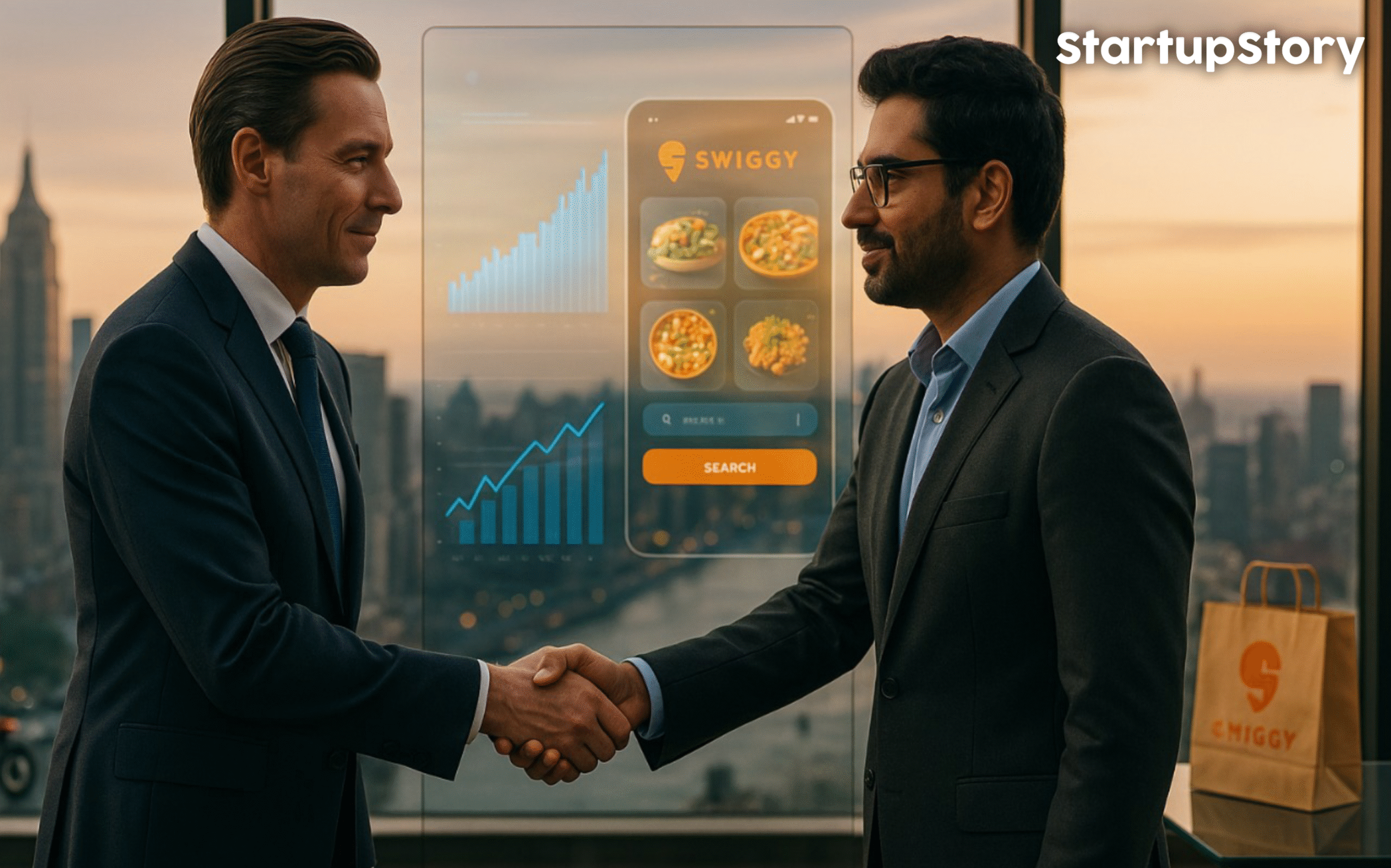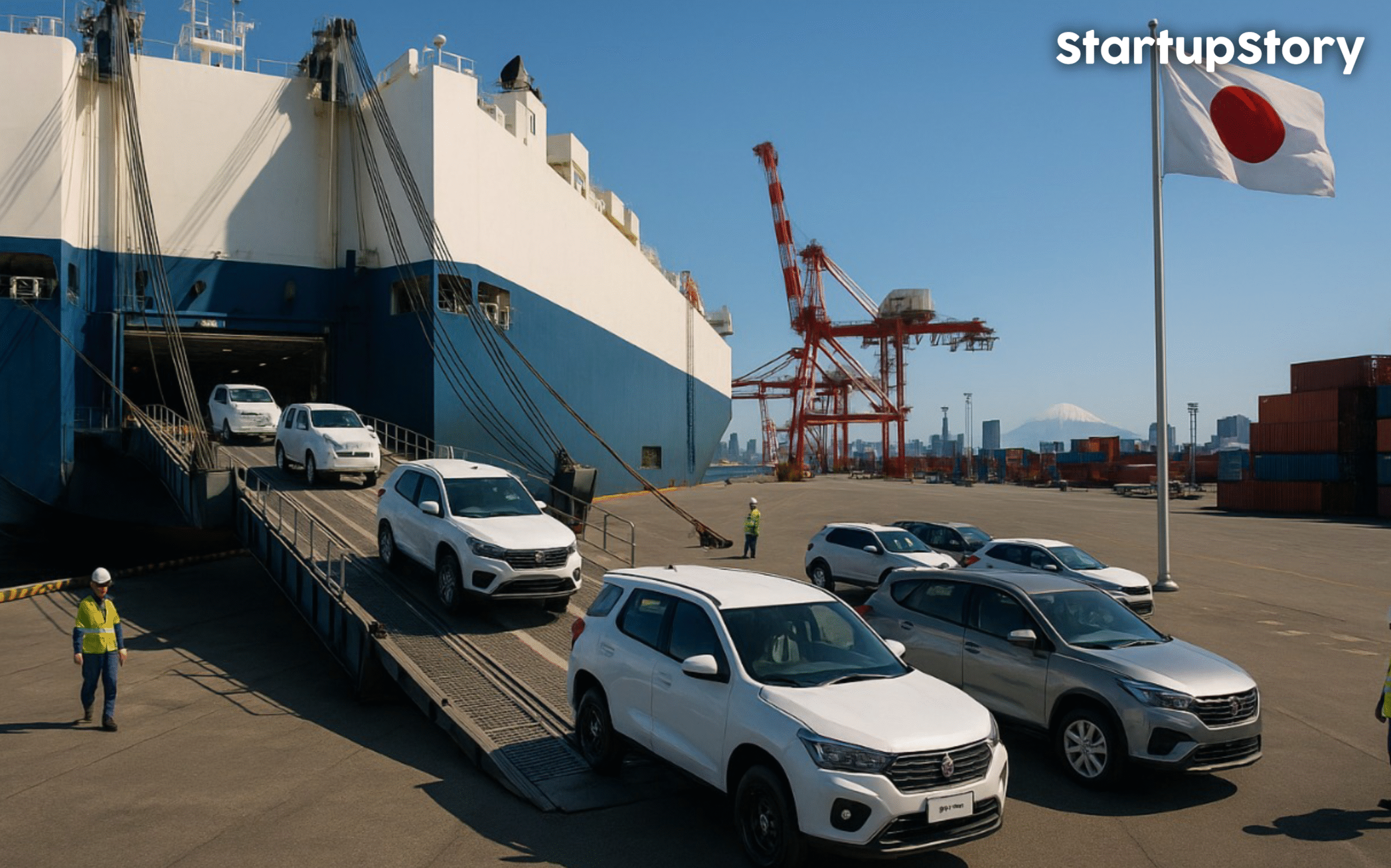
India’s quick commerce giants – Instamart, Zepto, and Blinkit – are all set to introduce extra charges for orders that fall below a certain minimum order value (MOV). According to a recent report, this move is aimed at pushing customers to increase their cart sizes and help these companies improve unit economics amid rising delivery costs.
As per the update, customers placing orders that don’t meet the minimum threshold – usually ranging between ₹149 to ₹199, depending on the platform – will now have to pay a small additional fee, reportedly between ₹15 to ₹30. While the exact numbers may vary based on city, platform, and time of the day, the intent is the same: discourage small-ticket orders that cost the companies more to fulfill than they earn from them.
This change comes as quick commerce platforms continue to struggle with profitability, despite the rapid growth in customer base and order volume. A major chunk of the operational cost goes into last-mile delivery, and smaller orders often lead to negative margins. By nudging users to add more items to their cart, these platforms are trying to make each delivery more cost-efficient.
Interestingly, these new charges are being introduced gradually, often starting with select users in metros like Mumbai, Delhi, and Bengaluru. Many users have already started seeing “small order fees” pop up at checkout when their cart value is under the MOV. In some cases, users are even being notified with messages like, “Add ₹50 more to avoid a ₹25 fee.”
This strategy isn’t new in the food delivery or grocery space. Platforms like Swiggy and Zomato already apply small order fees or delivery surcharges on low-value orders. Now, quick commerce players are following suit, especially as VC funding tightens and companies are expected to show clearer paths to profitability.
From a customer’s perspective, this change means being more mindful while ordering small items like a packet of milk or a single snack. The days of impulsive one-item orders – delivered in under 10 minutes – might slowly become less attractive if additional charges are applied.
In conclusion, as India’s quick commerce race intensifies, the focus is shifting from customer acquisition to sustainable growth and financial discipline. And this move to charge for low-value orders is just one of the many steps in that direction.




